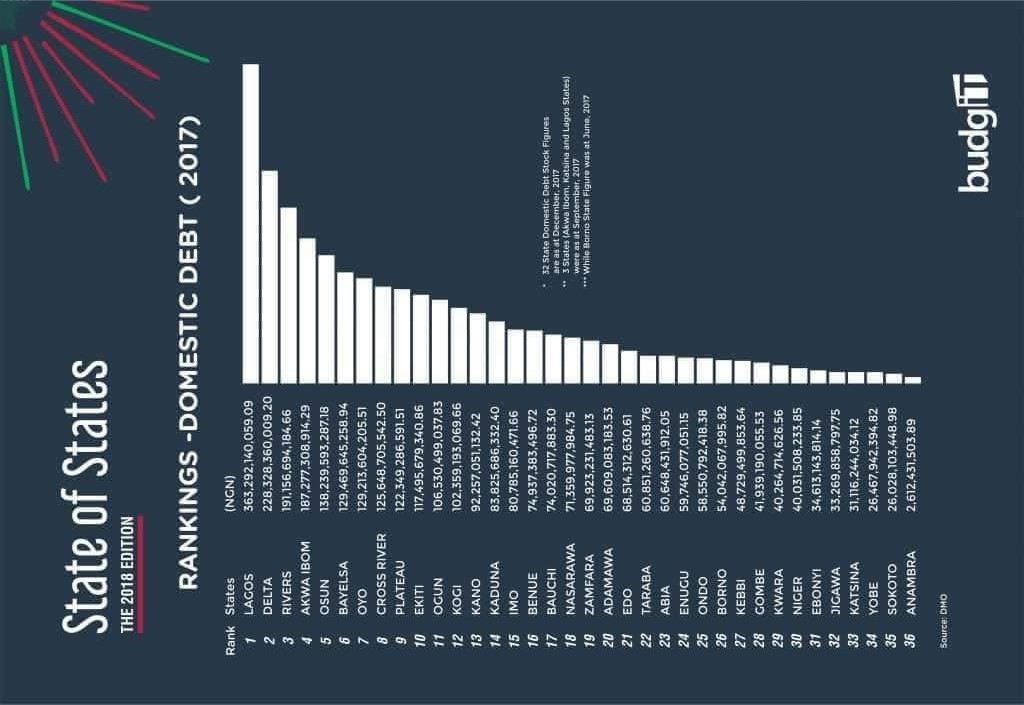Insolvency, the climax state of indebtedness and financial leprosy likened to what happened to Greece is near in Nigeria as a nation going by the level of request for foreign loans and the current state of unproductiveness in the economy.
This was the submission leading development and financial pundits who spoke in separate interviews with our correspondents on Wednesday in Lagos.
Otherwise, many of them raised fears not only on the nation’s rising debt burden, but current new requests by states through the federal government for external loans to drive government activities.
The alarm by these experts hinged on the dwindling incomes of states and the near collapse of the productive sectors of the economy due to forex crisis and government policy inconsistency.
Just as the total debt burden of the nation has risen to about N19tn, the experts are now calling on both the Federal and States Governments to spend more on capital expenditure while exercising serious caution on further thirst for more borrowing.
Business Hilights gathered that the nation’s total debt has since the beginning of this administration, jumped from N7.1tn to N19.16tn as of March 2017 in just two years.
Only on Tuesday, Acting President, Prof. Yemi Osinbajo asked the National Assembly to fast-track $1.94bn loans for 10 states.
The 2017 Appropriation Bill, which was passed into law by the National Assembly recently, provided N1.84tn for debt servicing compared to the N2.17tn provided for capital expenditure for all sectors of the economy.
On his submission, Board Chairman of Nigerian Economic Summit Group (NESG), Mr. Kyari Bukar, said “What one needs to pay attention to is the debt service amount versus the capital expenditure of the budget. The debt servicing and the ability to service the debts are the key areas of concerns that we should pay attention to”.
“The kind of debt I will like to see happen is the debt where the money that is borrowed goes into productive sectors such as investment in railways, health care, education and other critical infrastructure. However, if we borrow to pay salaries, it starts to become a problem.
But Professor Pat Utomi in his response said “A country is not different from a household, more or less generally, in terms of how it manages its finances. So, if your personal debt profile is going up at that rate, will you be comfortable?
According to him, “However, there are times that you need to spend your way, literally speaking, out of a challenge of output; recession being one of those. But I think that even at that, you need a certain level of care to make sure that you don’t get into an unsustainable debt scenario.”
While making it clear that recession periods are good for spending in other to push more money in circulation for productive ventures, he lamented however that “My big worry is that the impact of the borrowing may not be reflected on output, in the sense that if we get into a double whammy where our debt balloons, but we don’t have the necessary stimulation of production, especially when our consumption is very external in its orientation, we need be very careful to watch all of those”.









